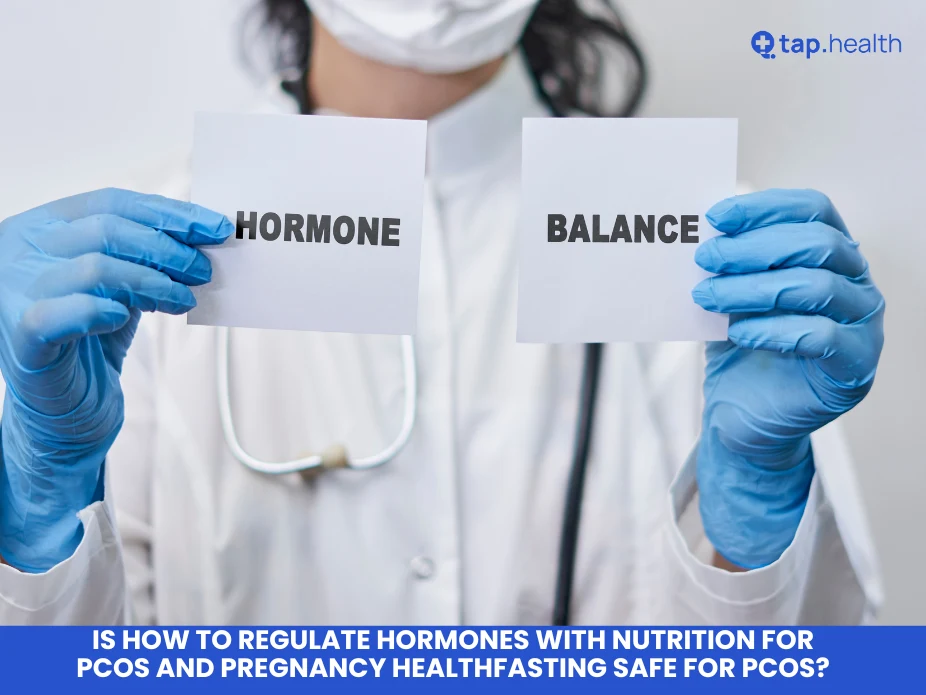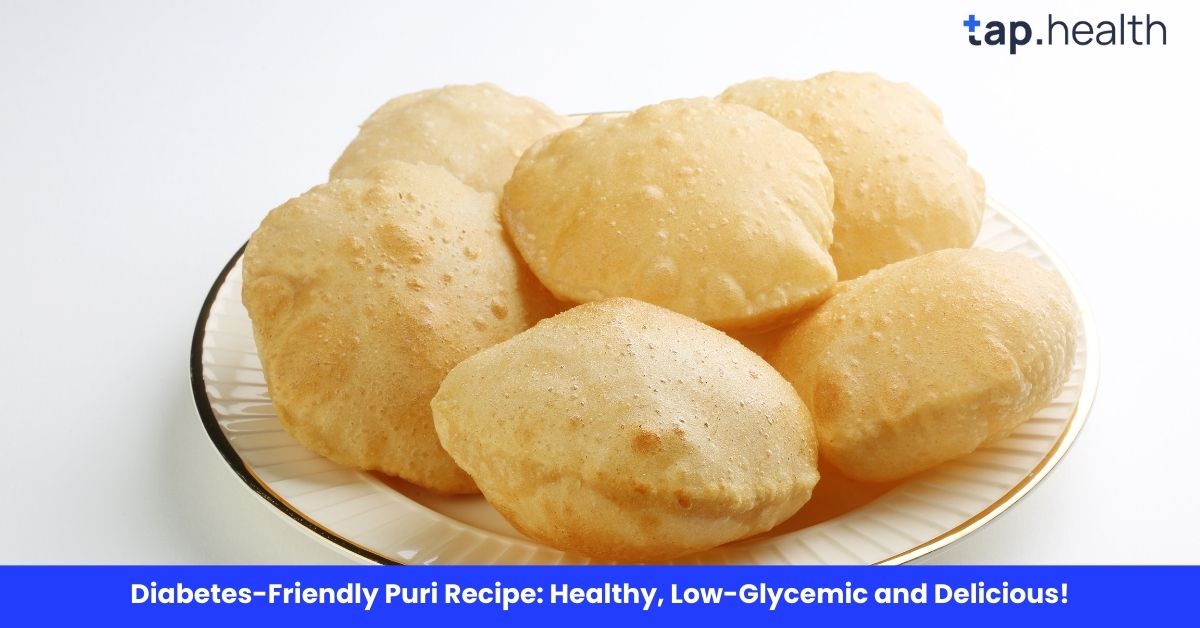Understanding the core of PCOS involves recognizing it as a hormonal disorder impacting women’s reproductive health, often complicating conception due to imbalances in androgens and insulin. Nutrition emerges as a powerful tool to restore balance, enhance fertility, and support pregnancy outcomes. This guide offers concise, research-backed strategies to manage these issues effectively.
What Hormones Are Imbalanced in PCOS?
Hormones like androgens and insulin go awry in PCOS, leading to irregular periods, infertility challenges, weight issues, hirsutism, acne, and mood fluctuations. Insulin resistance, affecting up to 70% of cases, exacerbates these by elevating insulin, which interferes with ovulation and overall hormonal harmony. Regulating these is crucial for daily health and minimizing pregnancy risks like gestational diabetes.
How Does Nutrition Influence Hormonal Balance in PCOS?
Diet directly modulates hormones by improving insulin sensitivity, curbing inflammation, and fostering metabolic health. Key nutrients from whole foods can recalibrate the body’s chemical messengers, paving the way for better PCOS management and safer pregnancies.
What Low-GI Foods Help Regulate Blood Sugar for PCOS?
Prioritize low glycemic index foods to stabilize blood sugar and insulin. Include whole grains such as quinoa and oats, legumes like lentils and chickpeas, non-starchy veggies including spinach and broccoli, and fruits like berries and apples. These prevent spikes, aiding hormonal equilibrium and fertility.
How to Balance Macronutrients for Hormone Health in PCOS?
Craft meals with complex carbs from sweet potatoes and veggies for fiber and blood sugar control; lean proteins like fish, eggs, and tofu for hormone synthesis; and healthy fats from avocados, nuts, and olive oil to combat inflammation and support reproduction.
Why Are Omega-3 Fatty Acids Essential for PCOS Hormone Regulation?
Omega-3s from salmon, chia seeds, and walnuts reduce inflammation, boost insulin sensitivity, and alleviate symptoms like acne. Studies confirm they help normalize cycles and enhance fertility in PCOS women.
What Role Do Inositols Play in PCOS Management?
Myo-inositol and D-chiro-inositol improve insulin response and restore ovulation. Backed by research, these compounds are key for menstrual regularity and conception; consult a doctor for supplementation.
Which Vitamins and Minerals Support Hormones in PCOS?
Address deficiencies with vitamin D from sunlight or fish for insulin and reproductive aid; magnesium from greens and nuts for inflammation reduction; zinc from seeds and meat for acne control and balance.
How Does an Anti-Inflammatory Diet Benefit PCOS and Pregnancy?
Embrace colorful produce, fatty fish, nuts, olive oil, and spices like turmeric to lower oxidative stress and inflammation, fostering hormonal stability and healthier pregnancies.
Why Limit Processed Foods and Sugars in PCOS Diets?
Avoid refined carbs and sweets to prevent blood sugar surges and inflammation. Choose whole foods for sustained insulin control and symptom relief.
Is Intermittent Fasting Safe for PCOS?
Intermittent fasting may help some with insulin sensitivity but consult a healthcare provider, as it could stress hormones in others. Link: Is Intermittent Fasting Safe for PCOS?
What Real-Life Success Stories Show About PCOS Nutrition?
Sarah, 32, adopted a low-GI anti-inflammatory diet with salmon and quinoa, achieving regular periods and conception in six months. Emily, 28, followed a Mediterranean approach, losing 15 pounds, boosting energy, and clearing acne.
What Do Experts Say About Nutrition for PCOS Hormones?
Dr. Felice Gersh advocates whole-food, plant-based diets for metabolic support. Studies in the Journal of Clinical Endocrinology & Metabolism endorse inositols for insulin and ovulation improvements.
What Research-Backed Tips Regulate Hormones in PCOS?
Low-GI diets enhance sensitivity and cycles; inositols boost fertility; omega-3s cut resistance; vitamin D aids regularity; modest weight loss improves outcomes.
Key Facts on PCOS and Nutrition for Pregnancy Health
PCOS affects 6-20% of reproductive-age women; insulin resistance hits 70%; nutrition lowers complication risks; diet and exercise are primary treatments. Sources: Mayo Clinic, Hormone Health Network.
Frequently Asked Questions on PCOS Hormone Regulation
What is PCOS?
A hormonal disorder with irregular periods, high androgens, and insulin issues in women.
Can Women with PCOS Get Pregnant?
Yes, through diet, lifestyle, and treatments enhancing fertility.
How Does Insulin Resistance Affect PCOS?
It raises insulin, disrupting balance, causing ovulation issues, weight gain, and acne.
How Can TapHealth Help with PCOS and Diabetes Management?
TapHealth offers resources and tools for tracking nutrition, monitoring hormones, and managing PCOS alongside diabetes, ensuring personalized support for better health outcomes.



